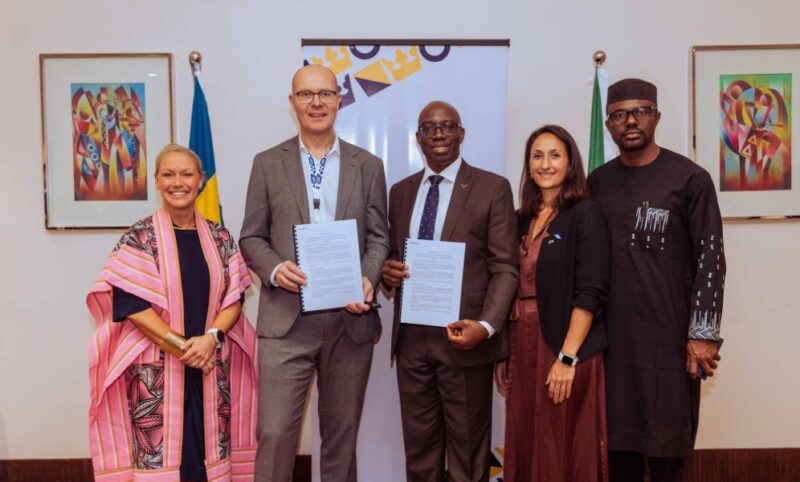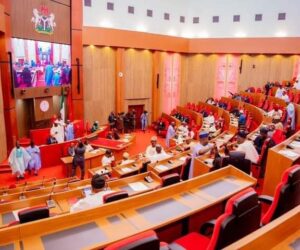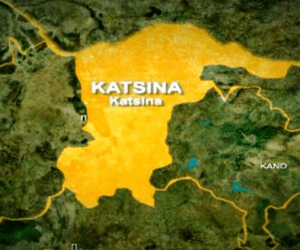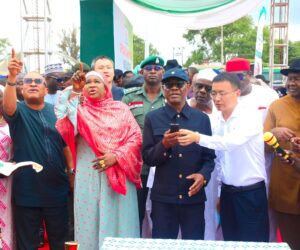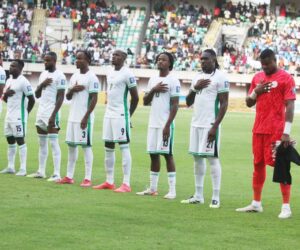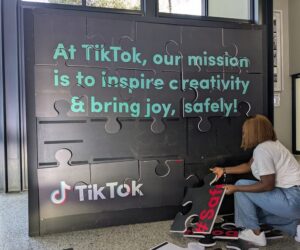The Nigerian Communications Commission (NCC) has announced a partnership with Swedfund to facilitate a framework that ensures 5G networks are securely operated. This comes after February’s collaboration on crowdsourcing quality of experience projects.
According to a statement made on the NCC’s X (formerly Twitter) page on Wednesday, the commission noted that the grant agreement with Swedfund, Sweden’s Development Finance Institution, seeks to enhance the security and reliability of Nigeria’s fifth-generation (5G) networks. With this, the commission is putting associated risks in check and ensuring that 5G’s network deployment isn’t manipulated.
“Through this partnership, the NCC aims to develop a risk-based framework to ensure that 5G and future network systems are designed, deployed, and operated securely,” part of the statement reads.
During the grant signing event at the Swedish embassy in Abuja, NCC explained that the collaboration is needed to maintain security and public trust amid the continuous growth of the network’s adoption. The initiative seeks to safeguard national interests while reinforcing confidence in Nigeria’s expanding digital ecosystem.
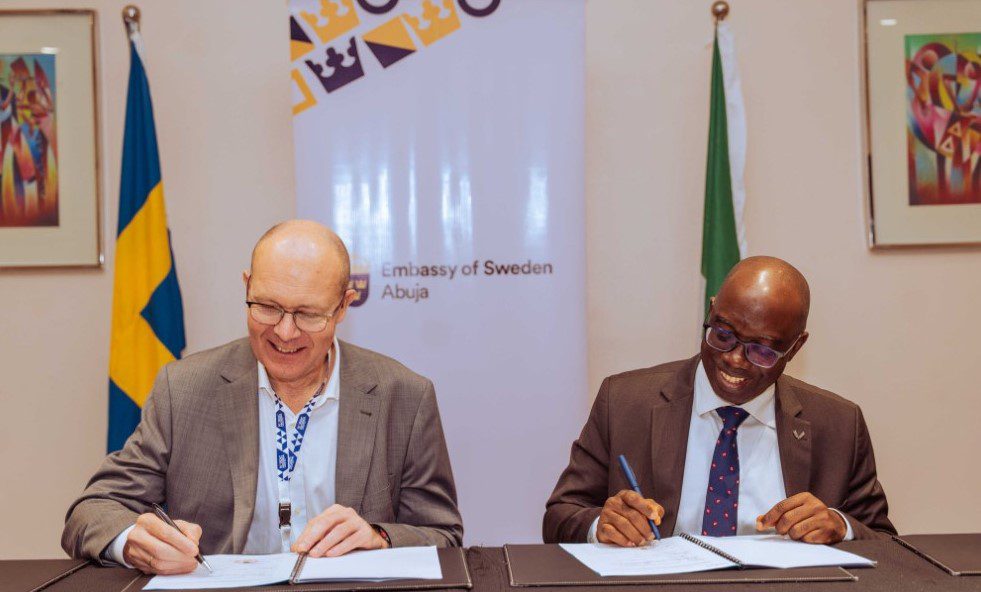
While fifth-generation mobile technology offers faster speeds, lower delays, and supports millions of connected devices, the upgrade brings new security risks due to its complex infrastructure and multiple network vendors.
However, the NCC highlighted the possibilities of the 5G network in building a strong digital economy and reinforcing sector performance.
“Security and trust remain central to Nigeria’s digital future. As 5G supports key sectors such as power, healthcare, transport, and education, this initiative will help strengthen public confidence, protect national interests, and build a safer, more resilient digital economy,” it said.
5G was first rolled out in Nigeria by MTN in September 2022, with a commercial launch in Lagos and other cities. Airtel launched the network in June 2023, and Mafab Communications launched its services in Abuja and Lagos in January 2023, which has yet to commence operation.
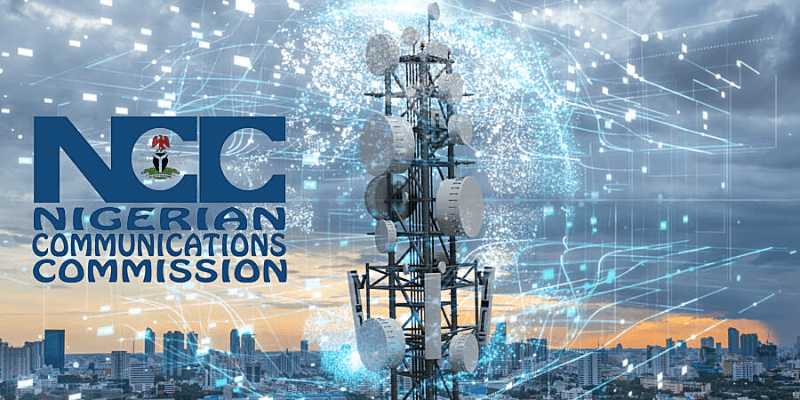

Also Read: MTN Chairman highlights smartphone cost, vandalism as causes of low 5G penetration across Africa.
5G network in Nigeria: issues with affordability and availability
A recent report by the Nigeria Network Performance & 5G Opportunity Analysis report, conducted by Ookla in partnership with the NCC, revealed that only about 3% (approximately 5 million people) out of 170 million active mobile users currently use fifth-generation services. In addition, these users are heavily concentrated in Lagos and FCT Abuja, the country’s capital.
However, while some users defeat affordability by possessing 5G-enabled devices, they are faced with the availability of network infrastructure.
According to the report, about 70.9% of 5G-capable devices in Lagos and 65.6% in Abuja are unable to connect to any 5G network. It further noted that while Nigerians are rapidly adopting 5G-ready smartphones, the infrastructure to support those devices is still lagging far behind.
The report reveals a critical issue in the Nigerian telecom industry. It shows that Nigeria’s 5G rollout remains far behind device readiness and exposes a gap between user potential and network availability in the country’s largest cities.
However, the report also paints a picture of issues with network quality. Lagos and the FCT lead the country in network performance, scoring 40–50% above the national average, while most rural areas remain dependent on older 2G and 3G networks.
“This imbalance continues to limit digital inclusion and economic opportunity outside the major cities,” the report noted.
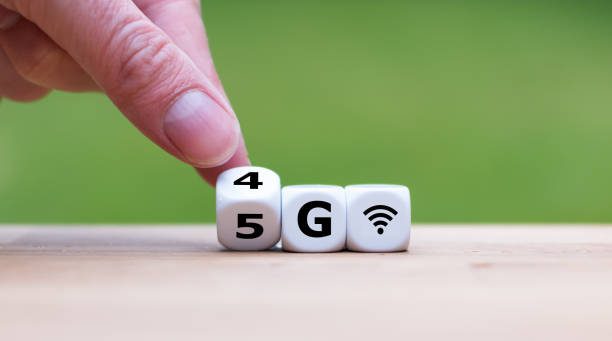

In terms of operators, MTN Nigeria emerged as the clear performance leader, consistently delivering the highest download and upload speeds alongside strong latency and jitter results. Airtel followed closely in download performance but still struggles with latency.
Globacom and T2mobile (formerly 9mobile) lagged, with the latter registering the lowest overall quality of service due to slow 4G rollout and network stability issues.
In its dedication to stretching network connections nationwide, NCC reaffirmed its commitment to accelerate 4G and 5G expansion. It noted that improving latency and extending next-generation coverage are crucial to bridging the country’s growing digital divide.

